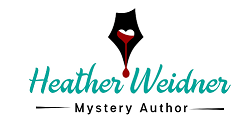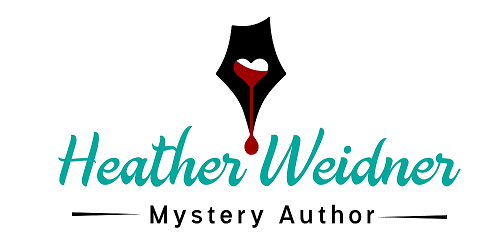My Best Plotting Happens While Driving...
/I do a lot of presentations and workshops about mysteries and writing, and one of the most frequently asked questions is, "Where do you get your ideas from?"
And my answer is always, "Everywhere." I'll read something or see a TV show that sparks an idea. (I record a lot of history, science, and home renovation show. Mythbusters is a wealth of information for mystery/thriller writers.) I've keep a notebook with me. I am always jotting down snippets of conversations, a cool name, or something unusual. I used to save newspaper clippings and magazine articles. Now, I add interesting pictures and links to my Pinterest boards.
Sometimes, a story or a plot line starts with an interesting location or event. I noodle on it for a while and come up with a plotline for a novel or a short story. When I visit places, I take pictures, so I can describe it later.
I usually outline my writing. I color code areas where humor, romance, and mysteries appear, so I can see if I spread them out enough. I tend to do my best plotting while I'm driving. There is a fairly straight stretch of interstate on my way home from the city. I've plotted many a mystery or murder during that commute.
Google Maps is a great tool to find locations and to see what they look like. Is there a lake near that housing development? Does that road go through a specific town? Are their fields or mountains nearby? Where is a great place to hide a body?
The Internet can be a big distraction. I went online to check something and ended up watching cute puppy videos. But it is a FABULOUS reservoir of information. It makes getting in touch with SMEs (Subject Matter Experts) so much easier. Twitter is great for putting out ideas and receiving feedback from others. I've posted questions, and people in the know are always kind enough to respond.
I know that I'm going to have to explain my Google searches one day. Honestly, I was just checking on that kind of poison for a mystery that I'm writing.
Life is full of experiences that make their way into my writing. Be observant. You'll never know what you'll encounter.
























